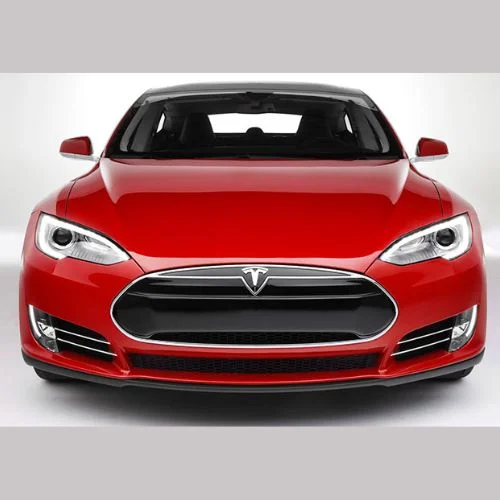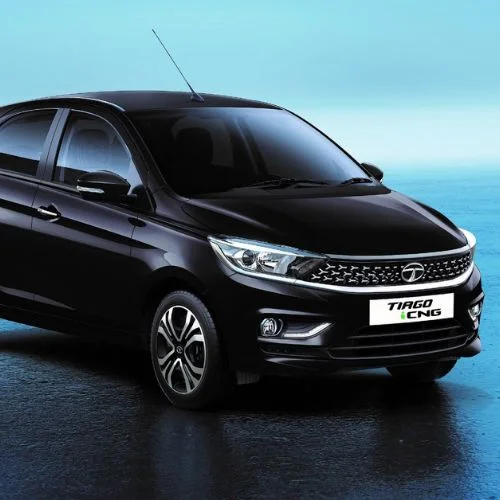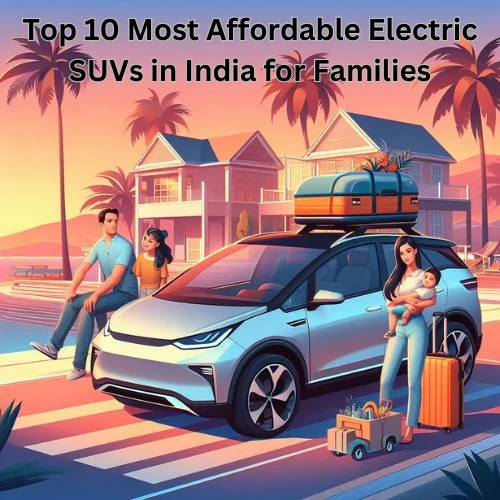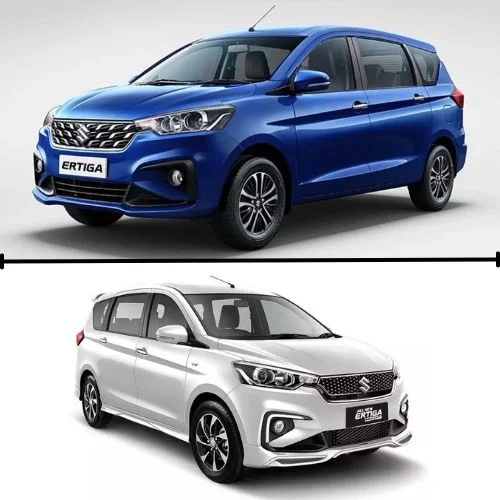The future of transportation is undergoing massive change with every passage of time. New technologies are invented every now and then to make the future of consumer and commercial mobility seamless and sustainable. The alternative strategies in innovation is circled around electric vehicle companies diving into this sector.
Everyone has their eyes on the shift from fossil fuels and these companies are trying to establish their foundations in the electric vehicle industry. The US company like Tesla is a reputation for itself for providing massive technology and features to its customers.
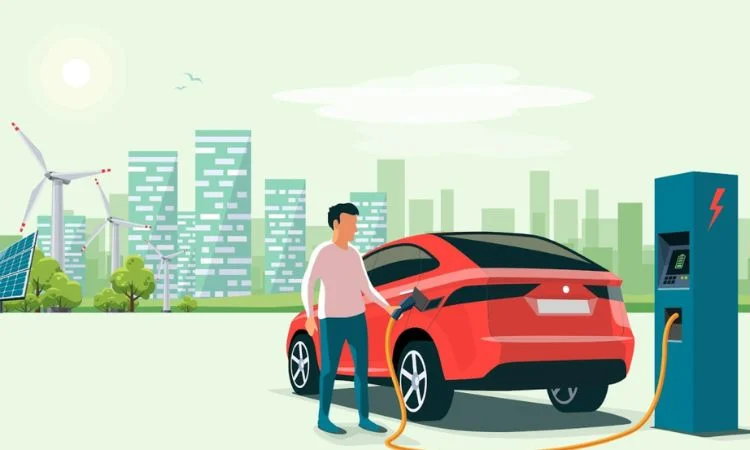
Tesla has diversified its EV products from consumer vehicles to heavy-duty trucks. Indian EV companies are aware of this global perspective toward electric mobility and want a market share for themselves.
Business Outreach Magazine wants our readers to look into the reason why the world is turning towards electric mobility. One of the prime factors that arise is the growing adverse effect of climate change.
Why go electric?
According to the Environmental Pollution Index (EPI), India is in 168th position out of 180 countries when it comes to the quality of air. To fight the concern of climate change, the adoption of electric mobility has been strongly considered. This should not only work towards enhancing the quality of our environment but will also boost India’s economic development.
India imports a large amount of crude oil and this costs the country about $60 billion. According to the Government, India is aiming to go fully electric by 2030. Although this target is very aggressive considering the country is the largest democracy in the world, the expected outcome should benefit the global good.
A report from McKinsey and Company states that the adoption of electric vehicles in India is below 1%. And a study till 2019 says that electric vehicles sold in India are far less than the data that comes from EV sales in China. Governments in India are trying to lessen the high initial ownership cost of electric vehicles.
Several rebates and schemes are being offered to electric vehicle buyers that include tax relaxations. The Government of Maharashtra has provided subsidies that are about Rs. 1 lakh. Results show that the highest number of EV sales in India has occurred in Maharashtra over the last couple of years.
Understanding the industry-
Public transportation vehicles have already shifted toward electric mobility. Since the public transport system is heavily used in our country, the EV industry in India will get a good amount of economic boost.
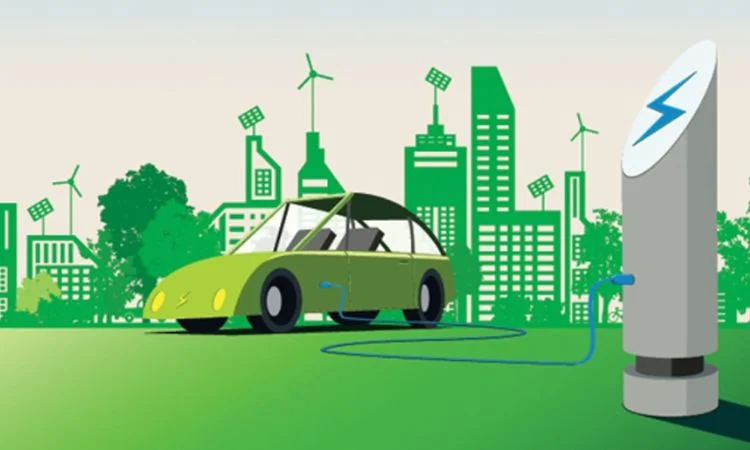
The EV industry in India is at a very early stage and is taking relevant efforts to broaden the product brochure. When it comes to the consumer segment, there are companies like Ola Electric, Tata Motors, Mahindra & Mahindra, and several others. There are also some companies that are manufacturing electric buses in India. Let us dive into these companies.
Mahindra Electric-
Mahindra Electric is one of the largest EV companies in India. The company was one of the first major EV manufacturers in India. Mahindra Electric launched its Reva as early as 2001. Reva was the first electric car in India. Over the years, Mahindra Electric has set us as a hub of research and development in Bengaluru.
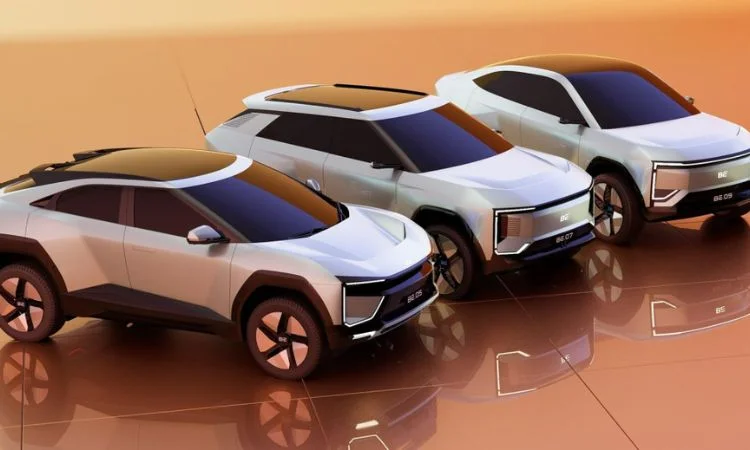
Some of the company’s other products include E20 along with eVerito. The company has also put in efforts to build electric vehicles and their battery packs. Mahindra has been collaborating with several institutions to bolster the charging system of EVs.
Tata Motors-
Tata is one of the biggest automobile manufacturers in India. The company has a range of different products that include cars, buses, trucks defense vehicles, and many other types of offerings.
The company also has Jaguar and Land Rover as their premium subsidiaries. In the EV sector, Tata Motors have been launching several new products like Tiago EV, Nexon EV, Tigor EV, and several others. As a company diving into the EV range, Tata Motors is surely making a relevant mark in the market share.
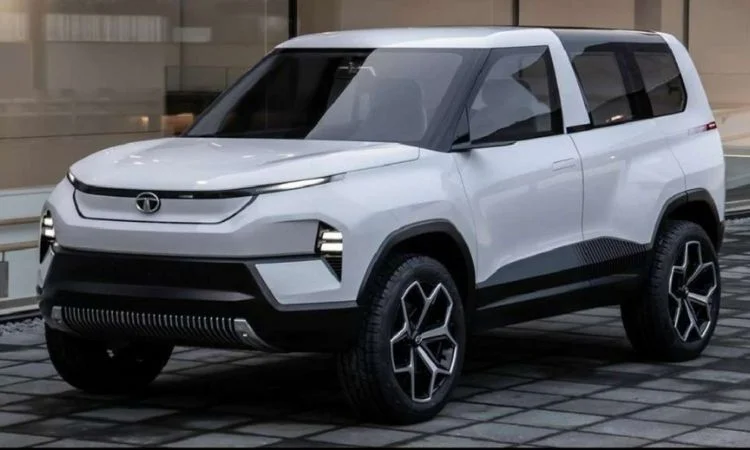
It is also said in reports that Tata Motors have several collaborations with Fiat. Tata has had the opportunity to source materials for manufacturing from all around the globe. The company heavily invests in technological advancements that are sustainable as well as scalable. Countries like India, the UK, Korea along with Italy are hubs of research and development Tata.
In the UK, Tata Motors has also formed TMETC or Tata Motors European Technical Center. This center plays a pivotal role in strengthening the EV industry in India. Tata Motors have been focusing more on passenger vehicles along with electric buses in the Indian market.
The electric bus products are all interested in several state governments. It is indicated that about 400,000 electric buses are expected from Tata Motors by the Indian government. The company is also setting up several charging stations to boost electric vehicles used by customers.
Ashok Leyland-
Ashok Leyland is the top-tier company under the Hinduja Group and is also the 4th largest manufacturer of buses in the world. Ashok Leyland is also the market leader when it comes to manufacturing trucks in India.
Reports indicate that Ashok Leyland also collaborated with Sun Mobility to accelerate their growth in the EV industry in India. The company is strategizing electric vehicles that are more suited for electric conditions. The battery swapping method in electric buses is beautifully helping India in focusing on a better customer experience for the electric vehicles’ end users.
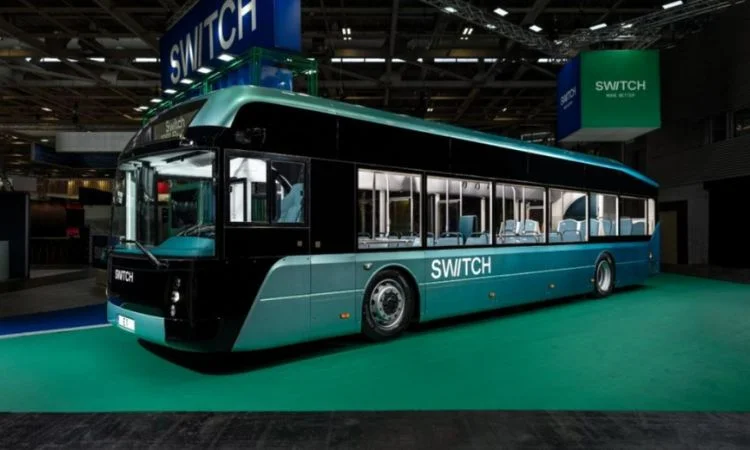
Some of the electric buses launched by Ashok Leyland include Circuit, Electro Euro 6 truck along with HYBUS, and the recently announced iBUS. Ashok Leyland is also looking forward to more exports of their innovative products.
Olectra Greentech-
Olectra Greentech was founded in 1992 and has been a major player in electric buses ever since. Olectra Greentech is currently the largest manufacturer of electric buses in India. The company is a portion of the MEIL Group.
Currently, Olectra Greentech offers buses like K9 E, K6 along with K7 buses. The K9 offering of the company has provided stellar features for an electric bus. This includes regenerative braking that saves about 30% of energy.
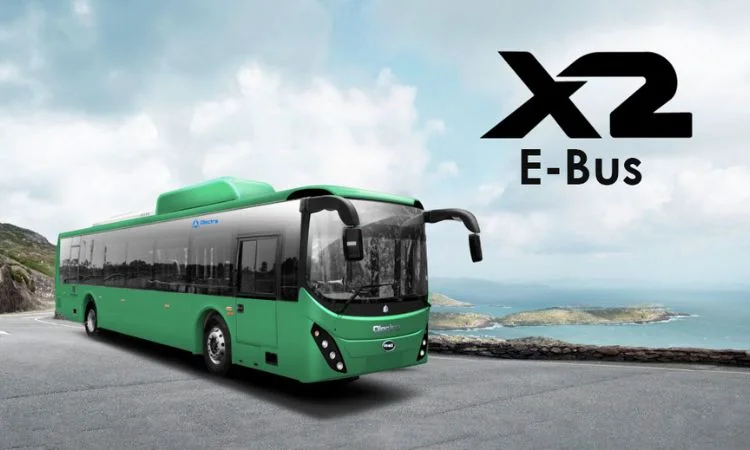
The K9 by Olectra Greentech is also said to get fully charged in 2 to 3 hours. The batteries of these buses are made of iron phosphate which is said to provide battery longevity. The company is also the only one in its segment to provide tarmac buses for airports in India.
Reports indicate that the company has also opened a plant in Hyderabad that can manufacture about 10,000 units. In December 2021, Olectra Greentech had orders for about 2,000 buses which are worth crores.
The electric vehicle market in India is booming and other companies like MG, Maruti Suzuki, Hyundai, Ola app cab service, Aether, and many others are playing a strong part in this. With the development of the electric vehicles industry in India, other associated sectors like EV chargers and batteries are also developing.
Companies like Siemens, Delta, and many others are showing impressive growth figures.
There are still considerable factors to choose from when it comes to EV adoption rates in India. Consumers are still pondering range anxiety and the lack of proper infrastructure and fat charging hubs is a major setback.
Cars run by petrol and diesel will intend a customer to think about the long run and more data regarding the cost of maintenance and user experience. NITI Ayog is working on setting up electric vehicle charging stations in India. At the moment, there are about 270 charging stations in India.
Partnering with NTPC, NITI Ayog is aiming to develop about 300,000 charging stations all over India. The recently discovered lithium reserve in India is a major blessing for our country at this competitive hour for sustainability.
The future is for those who are set to understand the relevance of quality and eco-friendly living. The government of India is more focused on removing engines run by petrol and diesel in the next decade. We should also consider generating electricity from more sustainable power and restrict the usage of coal. India has a lot to work on considering the future of its economy which is more restricted to calculated industrialization and utilizing the demographic abilities of the nation.
Frequently Asked Questions-
- Is Ashok Leyland launching EV vehicles?
Ans– Yes, Ashok Leyland has launched EV buses and also started a fleet of EV buses in Chennai and Hyderabad as a part of a pilot program.
- Why are electric vehicles costing so much in India?
Ans– The cost of the batteries accounts for about 30% to 50% of the vehicle. The industry is also working to enhance mega production and needs a lot of infrastructure.
- Which companies produce lithium-ion batteries in India?
Ans– Companies like Exide, Amara Raja, TOSHIBA, and ATL produce lithium-ion batteries in India.










